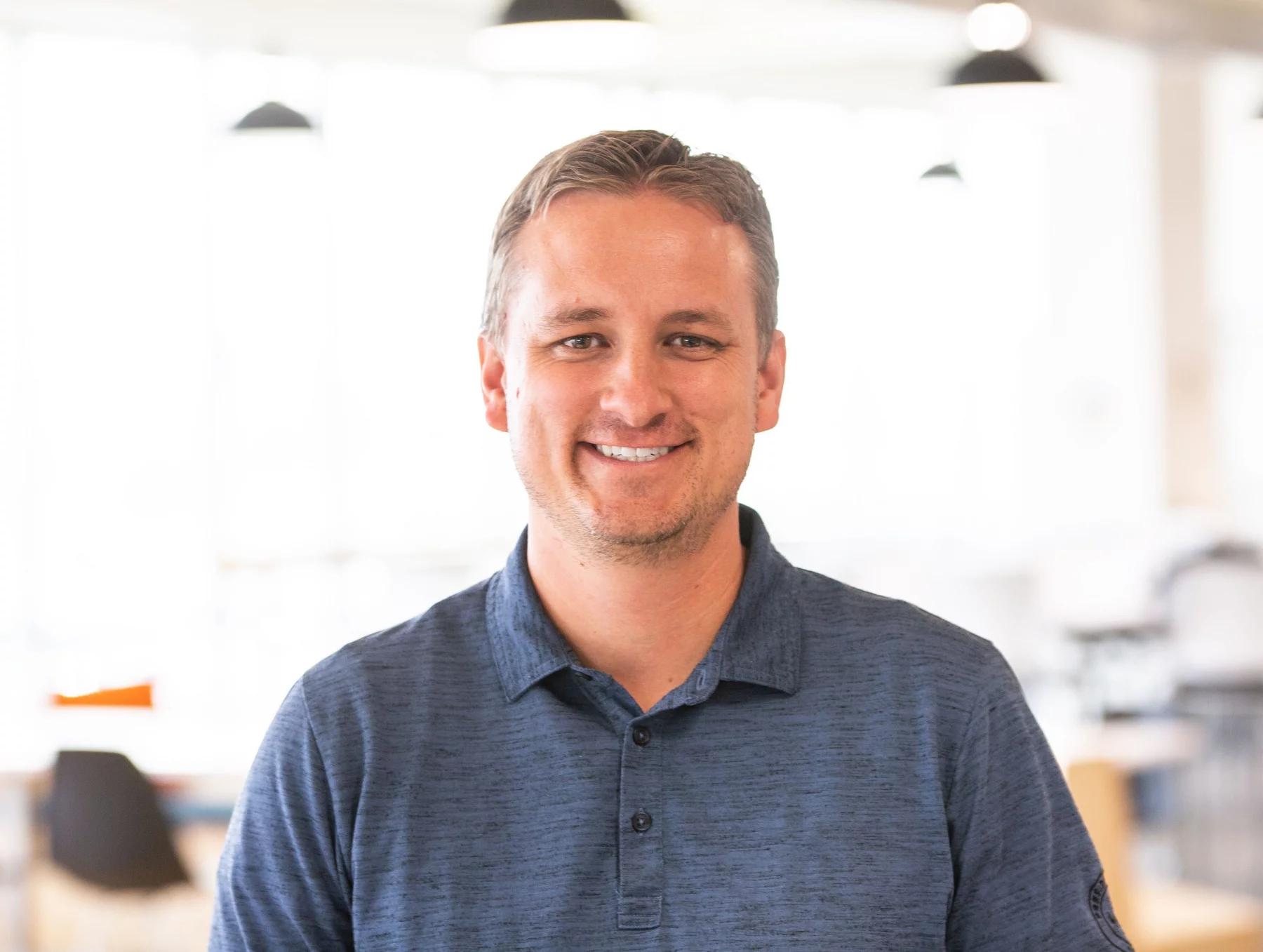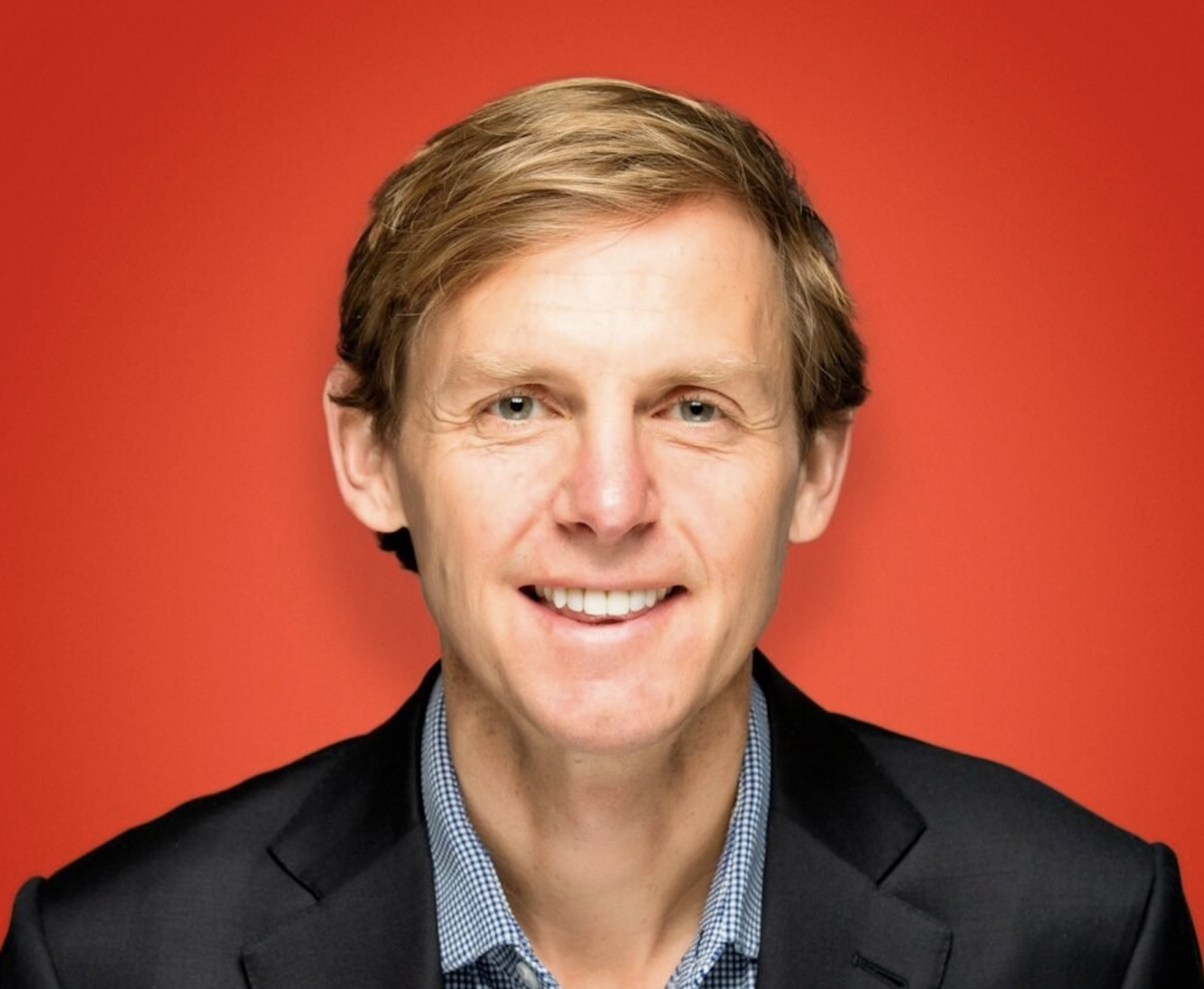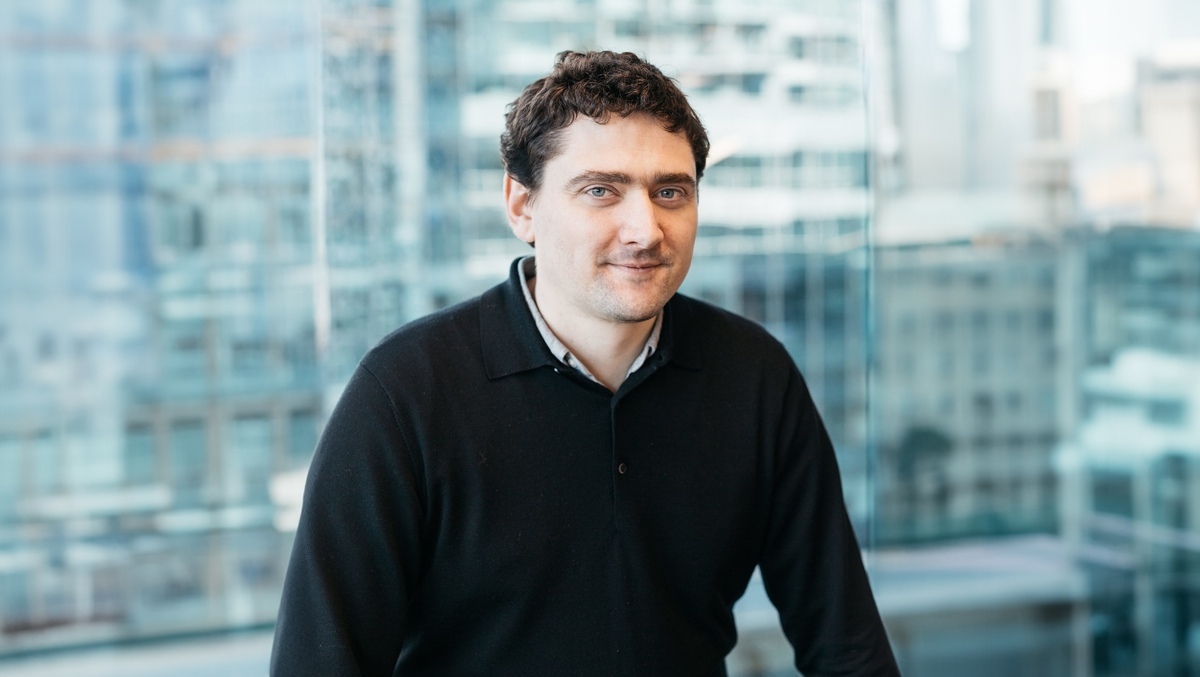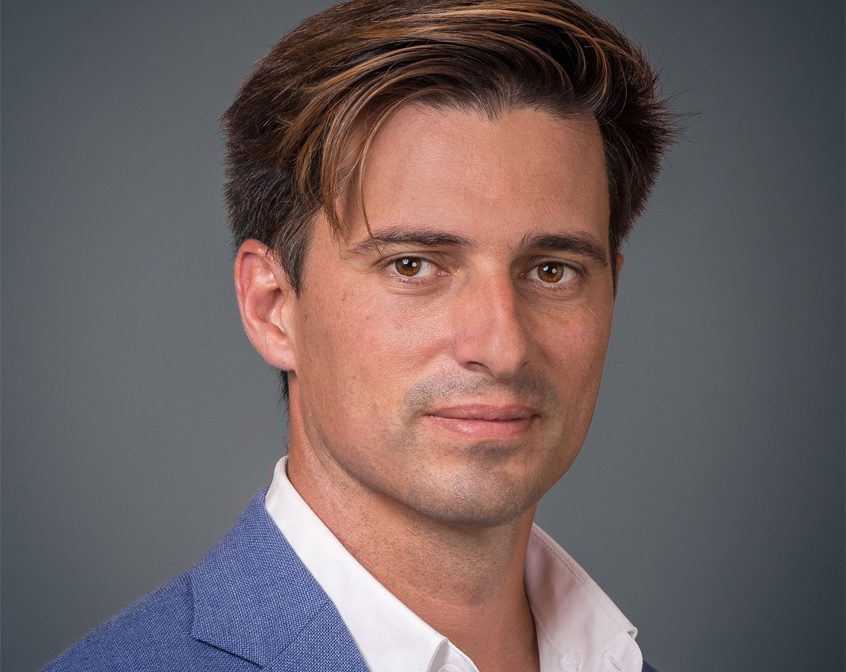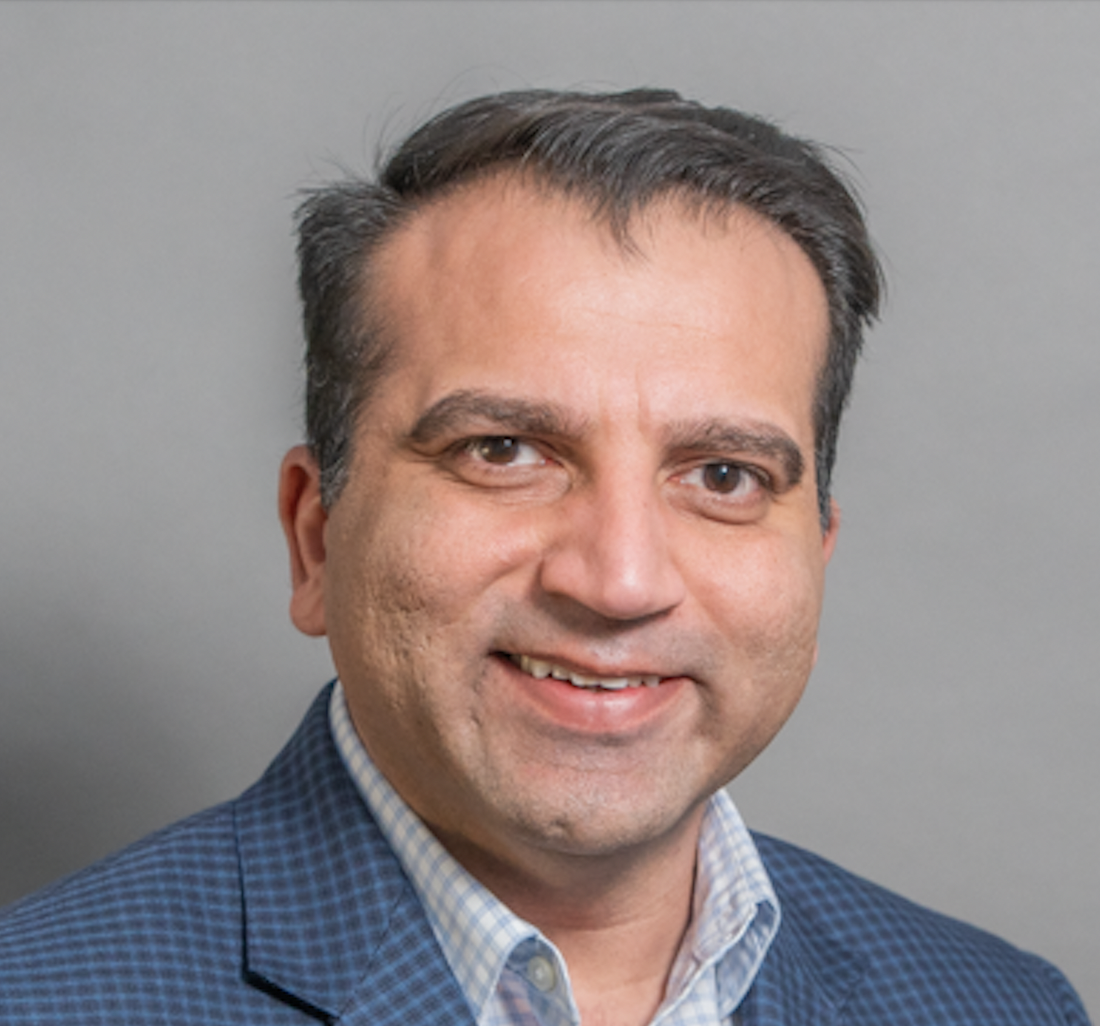With a career that started at McKinsey, spanned three successful exits in software, and has now led to being co-founder and Chief Executive Officer of G2, Godard Abel has proven himself as a visionary in the enterprise space. From founding BigMachines in 2000 (acquired by Oracle for $400 million) to co-founding SteelBrick (acquired by Salesforce for $360 million), and now leading G2 — the world’s largest software marketplace with nearly 3 million verified peer reviews — Godard has consistently focused on transforming how businesses buy and sell software. Throughout his journey, he has maintained an entrepreneurial drive while developing a unique perspective on riding technological waves, building effective teams, and creating businesses that genuinely solve painful customer problems.
In our recent conversation, Godard shared insights on his entrepreneurial evolution, strategic approaches to company building, and how G2 is leveraging artificial intelligence to reshape software buying decisions. Drawing from his experience across different geographies and business models, Godard offers a blueprint for entrepreneurs looking to build impactful companies at scale.
From family business to serial entrepreneurship
Godard’s career began during the dot-com boom after earning a master’s in engineering from MIT and an MBA from Stanford, leading him to join McKinsey as a consultant advising technology companies across the US and Germany. After a few years, Godard joined Niku, a then pre-IPO professional services automation company which was later acquired by Computer Associates International. While Niku was Godard’s first foray into the world of startups, his true entrepreneurial journey started with BigMachines in 2000.
“I was inspired by my father, who had taken over my grandfather’s business — a pump manufacturing company he started in Germany after World War II,” Godard said. “Since this was during the internet boom, I asked him how the internet would change his business. He didn’t think it would. These were industrial machines, he said — complex products requiring German engineers to configure proposals, quotes and contracts.”
This conversation sparked Godard’s vision. “I saw what Bezos was doing with books, what Cisco was doing with routers, and what Dell was doing with personal computers, and I thought, ‘Why can’t we sell pumps online, too?’ That’s how BigMachines was born.”
The dot-com bust, however, quickly taught Godard that entrepreneurship isn’t only about having good ideas, but also timing their execution correctly.
“By 2003, we were on the brink of failure, down to our last $1 million in the bank,” he said. “I was terrified — afraid of letting down my family, my friends who had joined me, and the people I had promised big outcomes to. That fear drove me.”
BigMachines navigated challenging times and was eventually acquired by Oracle for $400 million in 2013, but Godard saw aspects of that exit as falling short of his vision. “It wasn’t on my terms — it was on my investors’ terms. I had countless disagreements with them leading up to the sale.”
This motivated Godard to try again from the ground up. In 2014, he partnered with Max Rudman to build SteelBrick, which Salesforce acquired for $360 million just 2 years later and became the foundation for Salesforce Quote-to-Cash, an outcome Godard viewed much more favorably. “This time, I saw it as a true success,” he said. The experience also provided valuable lessons as he stepped into a leadership role at Salesforce. “I had a chance to become SVP/GM of Salesforce CPQ and Billing and learn from Marc Benioff about how to build a truly global scale company.”
Democratizing software reviews with G2
In 2012, Godard co-founded G2 to transform how software was evaluated and purchased — a pain point he identified during his time running other companies.
“As we were building BigMachines, my co-founders and I were frustrated by how slowly analysts adapted to changes in technology, and how much power a singular analyst held over an industry,” he said. “It took us 9 years to be featured in a Gartner report and 12 years to become a Leader. We decided to put the power into the hands of real users in a way that would give software entrepreneurs a fair chance to build their reputations and new categories.”
This mission to democratize software buying has fueled G2’s growth into what it is today: The world’s largest and most trusted software marketplace with nearly 3 million verified peer reviews, reaching 100 million software buyers annually worldwide.
“In disrupting the 40-year-old traditional analyst model, G2 is democratizing the software industry, giving software entrepreneurs a leg up by applying business-to-consumer (B2C) principles around reviews to business-to-business (B2B) companies,” Godard said. “After all, why should it be easier to get real customers’ perspectives on a $100 dinner than on a $100,000 piece of software?”
This marketplace approach has contributed to breakout successes by giving software companies a place to compete based purely on customer satisfaction. Today, G2’s influence extends to every Fortune 500 company, with thousands of software and services companies partnering with the platform to build their reputation and drive growth.
As AI reshapes the technology landscape, Godard’s vision for G2 has expanded in kind. “In the age of AI, our vision is to be the most trusted data source for informing software buying decisions and go-to-market strategies,” he said. “We want to empower the entire technology ecosystem — including software buyers, sellers, investors, and consultants — with the data and knowledge required to achieve strategic outcomes and sustainable growth.”
Building companies across geographies
Throughout his career, Godard has built and backed successful companies across different regions — from the Bay Area to Chicago to globally today. His perspective on where to build companies has evolved significantly since his early days in the startup world.
“The Bay Area is still very much the hub for the global tech industry, and most of our G2 investors are based there, as is about 50% of global tech investment capital,” Godard said. “At the same time, with the advent of the internet, cloud, and AI over the past 30 years, it’s become possible to build global tech leaders from anywhere in the world.”
Godard observed that while capital concentration remains in traditional tech hubs, talent acquisition can be easier elsewhere. “Many entrepreneurs find it easier to attract and retain top talent outside the Bay Area, where the competition for talent is so fierce,” he said. “Today, I’d advise entrepreneurs that they can build the company of their dreams anywhere!”
Timing market entry and exits
Godard’s experience building multiple successful companies has given him clear insights on market timing for both starting a company and pursuing an exit. He emphasized the importance of identifying and capitalizing on major technological shifts.
“For market entry, I’ve always believed in ‘riding bigger waves’ to position a startup for success in the enterprise software world,” Godard said. “For our first company, BigMachines, we bet on ‘the cloud’ in 2000 when it was still called ‘on-demand’ software. We saw relatively early on that the internet would provide a better way to distribute software and support global customers and users.”
That early bet came with hurdles, and Godard acknowledged the market trailed their enthusiasm. “In hindsight, we were probably a bit too early. The underlying internet, data center, and mobile infrastructure was still in its infancy, and our early customers often struggled to just get online,” he said. “But ultimately, partnering with emerging cloud leaders including Salesforce and Oracle CRM OnDemand lifted BigMachines to success as enterprises started to adopt cloud solutions at scale by 2010.”
Today, Godard sees AI as the biggest technological wave since the internet. “Now, in 2025 with generative AI, we are seeing the biggest wave in tech since the advent of the commercial internet 30 years ago,” he said. “AI is allowing both startups and incumbents to reimagine user experiences with conversational capabilities and agentic workflows that will drive incredible new levels of automation across all industries.”
When it comes to exits, Godard believes they naturally follow when a company rides the right technological waves and builds strategic partnerships. “I believe as John Somorjai, the Salesforce Chief Corporate Development Officer, has said ‘Great companies are bought, not sold.’ I always advise entrepreneurs to build for the long term, and one day the right exit — either M&A or an IPO — will come to you.”
Scaling teams and maintaining culture
As G2 has scaled to serve 100 million global buyers, Godard has developed clear principles for growing teams while maintaining company culture.
“I’ve learned that to fuel growth, it’s important to build a scalable sales organization with repeatable processes and systems,” he said. “When it comes to talent strategy, nurturing talent is a worthwhile investment to ensure you keep the best employees with you to be part of the next phase of growth.”
Godard emphasized that as a company grows, leadership must grow, too. “As the founder and CEO, I cannot take on everything I did when we were a small startup. Every stage of growth requires leadership and processes being aligned to scale,” he said. “Once you reach a certain point, it’s critical to bring on mature, experienced C-suite leaders.”
To manage this growth effectively, Godard adopts proven frameworks from successful companies. “I’ve also learned that we don’t always need to reinvent the wheel, too, which is why I steal from the best,” he said. “For example, at G2, we follow the V2MOM method, which was pioneered by Salesforce, which stands for Values, Vision, Methods, Obstacles, and Measures. This serves as a guide for all employees, aligning us with the same priorities and mission.”
With that, culture remains a foundational element of G2’s success. “Establishing a culture rooted in firm values can’t be overstated,” Godard said. “At G2, my co-founders and I agreed on our PEAK company values, performance, entrepreneurship, authenticity, and kindness, before we even determined our business concept. From the start, our values were ingrained into the culture. They continue to guide our team and our vision today.”
The AI revolution in B2B software buying
From BigMachines to SteelBrick to G2, Godard has focused on simplifying the B2B software purchase journey. Along this path, he’s witnessed profound changes in how businesses buy enterprise software.
“The most significant shift has been the consumerization of B2B buyers, as it’s traditionally been way too painful to buy and sell enterprise software,” Godard said. “Today, most B2B buyers prefer to conduct their own research online before making a purchase, just like they would before booking a dinner reservation, a hotel, or purchasing a pair of shoes. A survey we conducted found that the majority of B2B software buyers globally only engage with a salesperson once they have already arrived at their purchasing decision on their own.”
This shift to self-directed research is accelerating with the rise of AI-driven assistants. “More and more software buyers will start their processes by asking ChatGPT, Gemini, or Perplexity to recommend the best solution,” Godard said. G2 embraces this trend by developing AI-powered tools to facilitate software buying decisions. “We’ve launched our AI agent, Monty, to assist software buyers and connect them to software sellers, with agent-to-agent buying likely coming soon,” he noted.
The company’s unique position as the world’s largest software marketplace allows it to leverage AI in powerful ways. “By layering AI on top of G2’s comprehensive dataset, G2’s software-buying assistant Monty arms buyers with even more personalized insights — helping them discover the best solutions to do their best work more efficiently than ever,” Godard said.
This AI-powered approach extends beyond just helping buyers find software. “With G2’s Monty for Sales agent — which functions as a dedicated AI sales representative — software companies can quickly and easily educate, prequalify, and convert buyers at scale,” he said.
Maintaining entrepreneurial drive
What keeps Godard building after multiple successful exits? He points to G2’s PEAK culture as a driving factor.
“At G2, we live and breathe our ‘PEAK’ culture,” Godard said. “I do think we’re meant as humans to be climbing peaks, and I personally never want to stop climbing.”
Despite all his success, Godard still finds purpose in entrepreneurship. “I could retire, but I don’t believe that would fulfill me. Entrepreneurship gives me that purpose, and I want to get to my next PEAK and build a public company at G2 that truly is the trusted place where the world’s knowledge workers go for trusted software and AI insights,” he said. “My advice for other entrepreneurs, which I look to follow myself, is ‘Keep climbing, don’t quit.'”
Related Articles
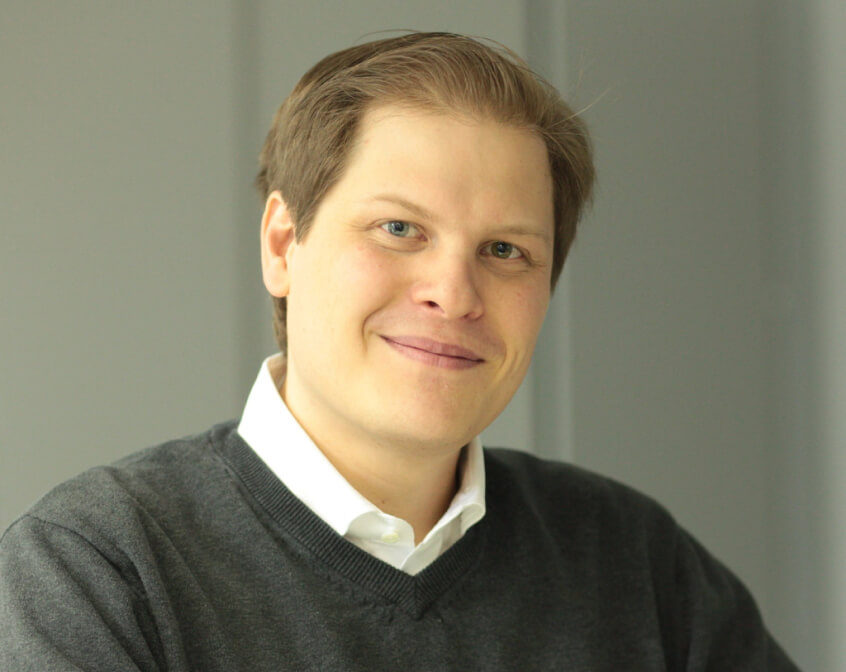
Bene Sauter: Customer Education & Redefining the ERP Market
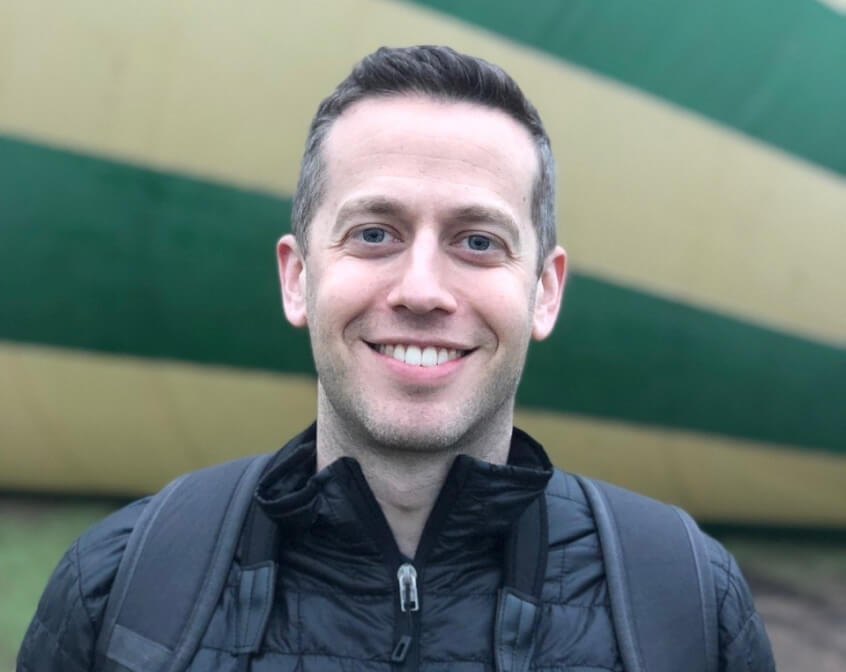
Jake Stein: Lessons from a repeat founder
Jake Stein’s experience as a serial tech entrepreneur makes him the perfect person for us to speak with, regarding the…
